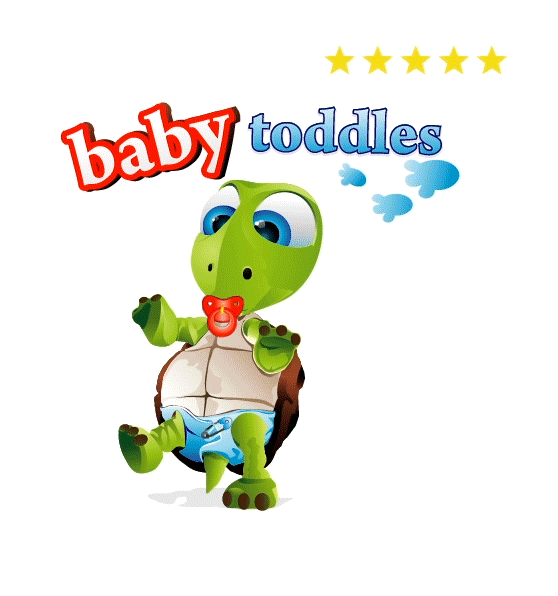Human history has been told over the eons through pictures and stories. Today, instead of cave drawings, we have photography. The “times of our lives,” including pregnancy and new parenthood, can be told now and in the years to come by using the services of a professional photographer.
Some years ago a famous celebrity celebrated her advanced pregnancy on a well-known magazine cover. Since then mothers-to-be have been recording this life milestone much as they would their weddings, graduations and holidays, and family photographers have expanded their scope of work to include gorgeous portraits of the family members awaiting their new arrival. The old ultrasound black and white snaps on the refrigerator have given way to stunningly beautiful images of the expectant mother in the full bloom of pregnancy, at times actually holding the ultrasound photograph. There is also the popular option of showcasing both mom and dad together, in a variety of adoring poses.
Baby photographers also offer packages to record the first year of your child’s life. During each photo session photographers will capture your child’s rapid development in wonderfully staged vignettes of your choice. You can opt for a fully staged prop-filled memento, or a more simple, classic look. Just imagine posing your little one in a wheelbarrow surrounded by flowers and perhaps a trowel if your family is into gardening. Or, how about a future dancer sporting a tutu, sitting next to a pair of silky pink ballet shoes?
Then, instead of these cherished moments being left in your digital camera or put away in a drawer, the photos can be uploaded to a photo-sharing site, featured on your Facebook page, installed in a digital photo frame or even sent to friends and family.
When selecting a photographer, it’s important to confirm he or she has experience working with babies. They will know how to prop your child amongst the flowers or other piece of stagecraft in a manner that will avoid injury or unhappiness. Of course, it helps if they know just how much excitement baby can handle before running out of patience and energy. The best photographers will be able to advise you on keeping your baby’s other activities on picture day very low key (doctor’s appointments or lots of errands can result in crankiness and tears).
Another advantage to hiring professionals is that if any touchups or other tweaks are necessary to achieve that perfect shot, these talented photographers have the skills and know-how.
So, don’t let these precious moments slip by. Let a maternity and baby photographer help you capture them. Your loved ones will appreciate it.
Reproduction permitted only if all active links are maintained and byline is preserved, and/or your byline is omitted. 2012 All Rights Reserved.

